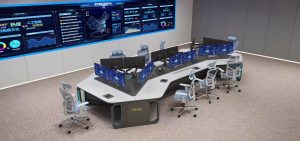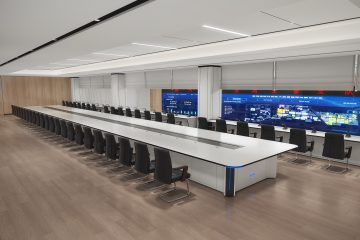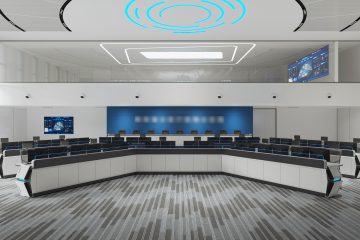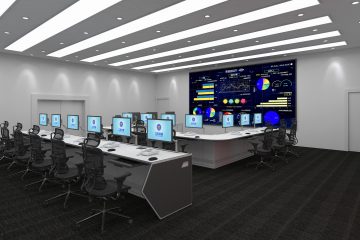In today’s fast-paced world, efficient operations in control rooms and railway stations are crucial. Control room consoles and railway station consoles play a pivotal role in streamlining activities, ensuring safety, and enhancing communication. Whether you are managing emergency responses or overseeing train schedules, the right console setup can make all the difference. In this article, we will explore the significance of these consoles and how they contribute to operational excellence.
The Importance of Control Room Consoles
Control room consoles are the nerve centers of various critical operations. From emergency services to security surveillance, these consoles facilitate real-time monitoring and decision-making. Here are some key benefits:
- Ergonomics and Comfort: Modern control room consoles are designed with ergonomics in mind, reducing operator fatigue and enhancing productivity. Adjustable monitors, keyboards, and seating arrangements ensure comfort during long hours of operation.
- Efficient Workflow: With strategically placed screens and controls, operators can access vital information quickly. This layout minimizes response times and improves overall efficiency.
- Advanced Technology Integration: Control room consoles are equipped with the latest technology, including touchscreens, high-definition displays, and integrated communication systems. This integration allows for seamless operation and swift access to critical data.
- Customization: Each control room has unique requirements. Consoles can be customized to meet specific needs, whether it’s for a police station, fire department, or network operations center.
Enhancing Railway Operations with Station Consoles
Railway station consoles are equally vital, ensuring the smooth operation of train services. Here’s how these consoles enhance railway operations:
- Real-Time Monitoring: Railway station consoles provide real-time updates on train schedules, track conditions, and passenger information. This capability is crucial for maintaining punctuality and safety.
- Communication and Coordination: Effective communication between different departments is essential in railway operations. Station consoles facilitate seamless communication, allowing staff to coordinate efficiently during emergencies or routine operations.
- Passenger Information Systems: Consoles manage digital displays and announcements, keeping passengers informed about train arrivals, departures, and delays. This transparency improves the passenger experience and reduces confusion.
- Safety and Security: Integrated security systems within railway station consoles help monitor and respond to security threats. Surveillance cameras, alarm systems, and emergency communication tools are centralized for quick action.

Choosing the Right Console for Your Needs
When selecting control room consoles or railway station consoles, consider the following factors:
- Durability and Quality: Invest in consoles made from high-quality materials to ensure longevity and reliability.
- Scalability: Choose consoles that can be easily upgraded or expanded as your needs grow.
- User-Friendly Design: Consoles should be intuitive and easy to use, minimizing training time for staff.
- Vendor Support: Ensure the vendor offers excellent customer support and maintenance services.
Conclusion
Control room consoles and railway station consoles are indispensable for efficient operations in various sectors. By investing in high-quality, ergonomic, and technologically advanced consoles, organizations can enhance productivity, safety, and overall performance. Whether you are managing an emergency response team or ensuring the smooth operation of a busy railway station, the right console setup is crucial for success.
For more information on selecting the best consoles for your needs, contact us today. Our experts are ready to help you find the perfect solution to meet your operational requirements.



0 Comments